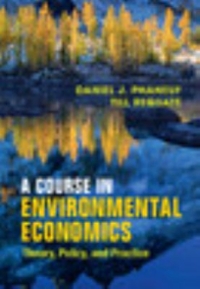Question
Flo is a middle-aged, small-town housewife. She worked before her marriage, but when she and her husband started their family, she quit her job to
Flo is a middle-aged, small-town housewife. She worked before her marriage, but when she and her husband started their family, she quit her job to be a full-time housewife and mother. She never questioned her family values of hard work, independence, belief in free enterprise, and scorn of government handouts. When her youngest child left the nest, she decided to finish the college education she'd only just started when she married. After getting her degree, she looked for a job, but found the market for middle-aged women with no recent experience to be depressedand depressing. The state employment office where she sought listings recognized her abilities and gave her a temporary job in that very office. Because she was a "temp," however, she was the first to be laid off when the state legislature cut the local office budget but she'd worked long enough to be eligible for unemployment insurance. She hesitated about applying since handouts were against her principles. But while working there she'd seen plenty of people, including her friends, applying for benefits after work histories even slimmer than hers. She decided to take the benefits. While they lasted, she found family finances on almost as sound a footing as when she was working. Although she was bringing in less money, net family income didn't suffer much since she didn't have Social Security withheld nor did she have the commuting and clothing expenses of going to a daily job.
(a) Briefly describe the macroeconomic problem(s) that this case embodies.
(b) "Keynesians and Classicals differ in their view on whether it is the individual or the society that should address the problem of unemployment." Explain and support your answer using this case.
(c) From this case, identify two causes and two consequences of unemployment.
(d)Basing your answer on an economy you are familiar with and using appropriate examples, explain why it is important to estimate a country's national income and further offer an exploration of the limitations of using the same as a measure of welfare.
(e) In a closed economy with no government intervention, the following information is provided.
C = 5000 + 0.8Y
Autonomous investment is constant at 3000 units.
Induced investment is given by the equation I = 0.1Y
i) At what level of income will S = I?
ii) Suppose that autonomous investment was to increase by 2000 units. At what level of income would S = I?
(f)"A Classical economist takes a laissez-faire approach and believes the economy is selfregulating. A Keynesian economist takes an interventionist approach and believes that output can remain below what the economy is capable of producing." Highlight on the central tenets of each approach indicating the extent to which they have informed management of economies in the recent past.
Step by Step Solution
There are 3 Steps involved in it
Step: 1

Get Instant Access to Expert-Tailored Solutions
See step-by-step solutions with expert insights and AI powered tools for academic success
Step: 2

Step: 3

Ace Your Homework with AI
Get the answers you need in no time with our AI-driven, step-by-step assistance
Get Started


